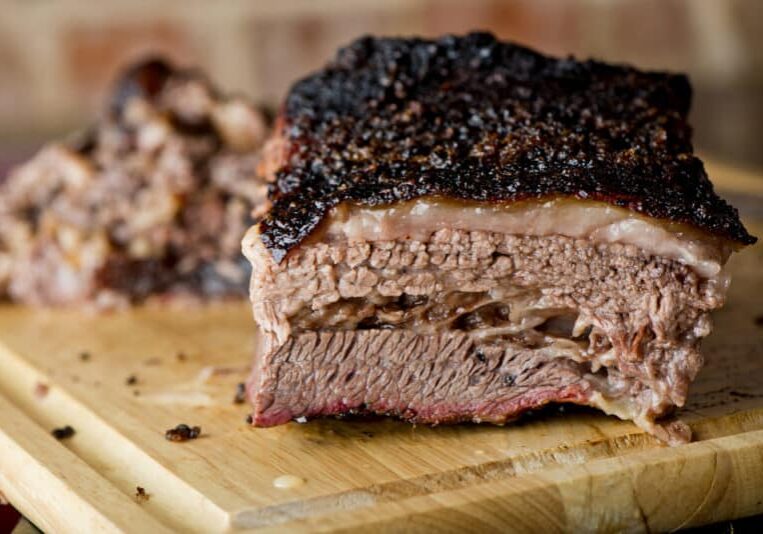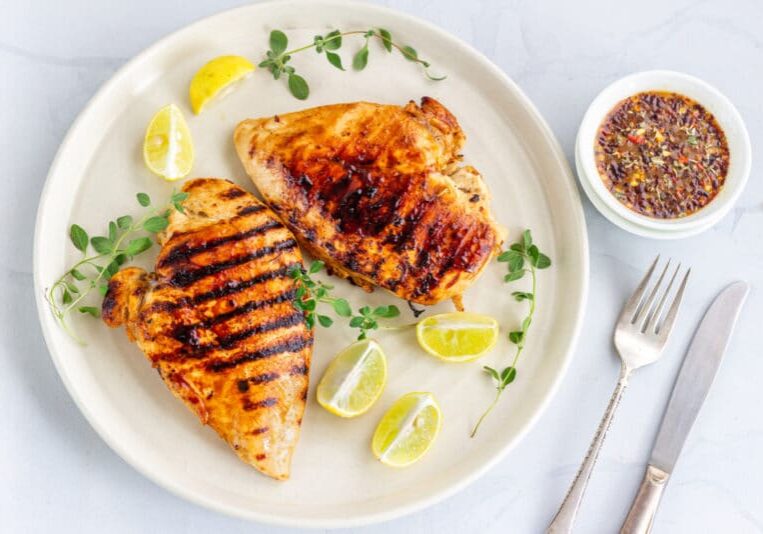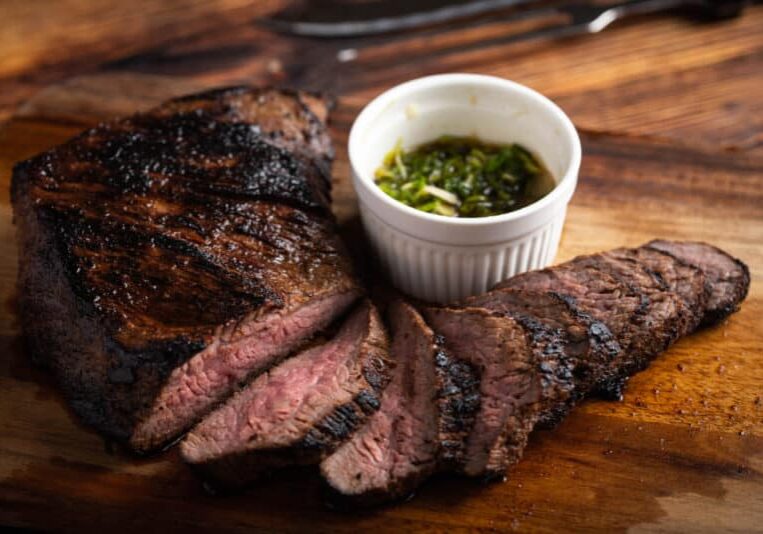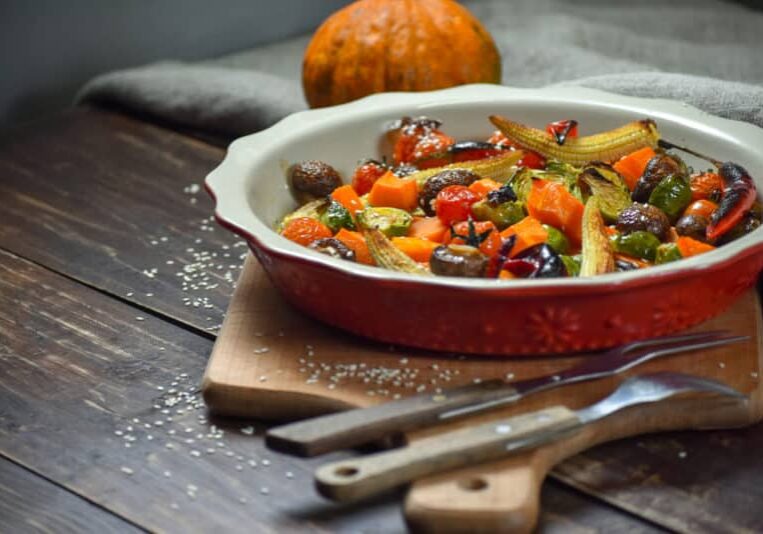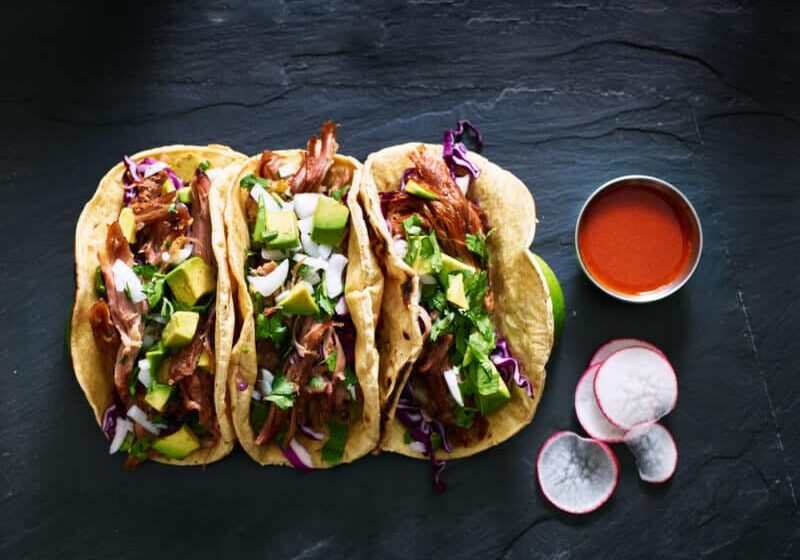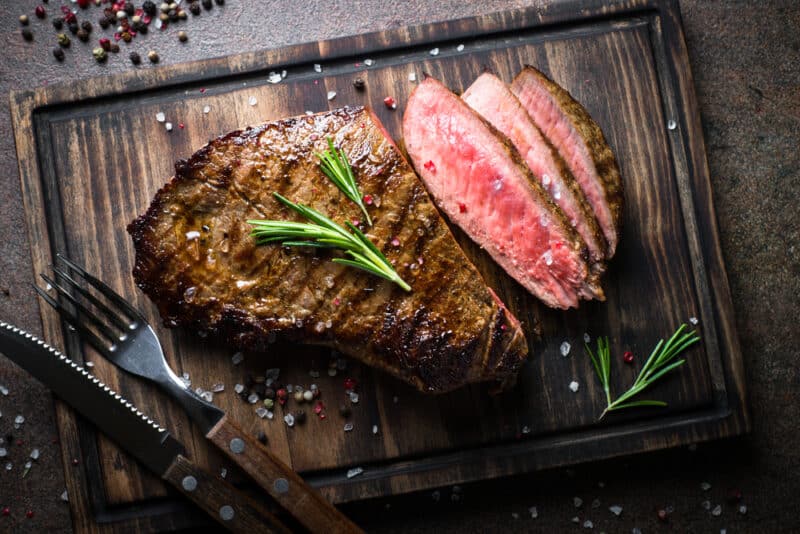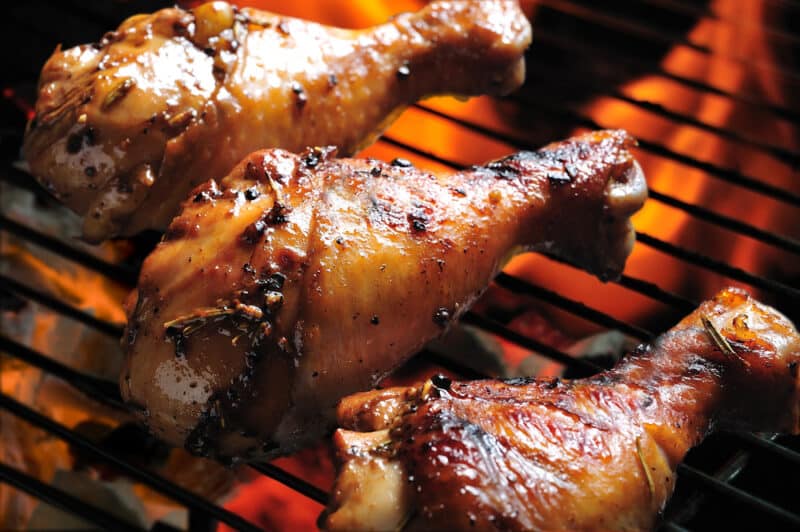Best Tasting Meat for a Yummy Hamburger
TheGrillingMaster.com is reader-supported. If you buy something using the links on our site, we might earn an affiliate commission at no added cost to you. This helps us pay our staff to keep making awesome content for you!
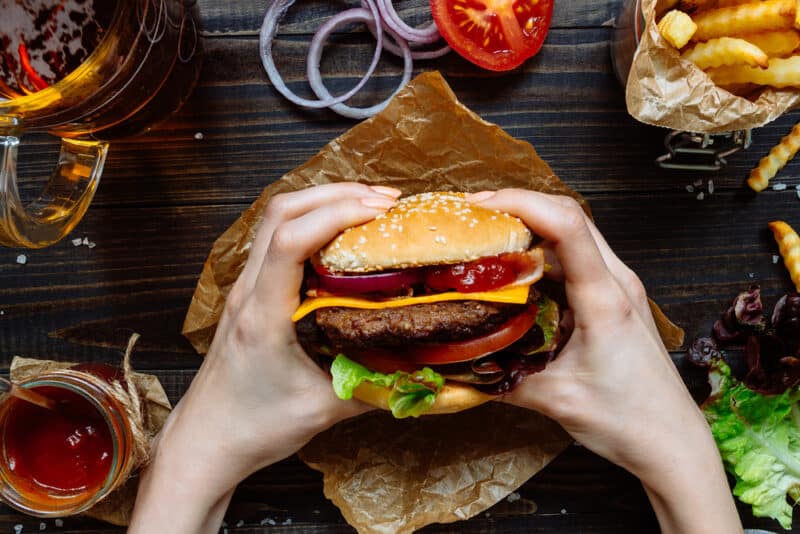
Hamburgers are one of the most beloved and iconic foods in America and enjoyed by millions of people every day. While hamburgers may seem simple, the choice of meat is one of the most important factors that can make or break a burger. The type of meat you choose can impact the flavor, juiciness, and overall quality of your burger.
The best tasting meat for a hamburger is 80/20 ground chuck: that means 80% lean meat and 20% fat content. This is a very flavorful and juicy meat for your hamburger.
Today we’ll explore the different types of meat available for hamburgers and the factors to consider when choosing the best meat for your burger. You will get tips for preparing and cooking hamburgers, whether you prefer to grill or cook on the stovetop.
Whether you’re a burger aficionado or just starting to explore the world of hamburgers, this article will help you make an informed decision about the best meat for your next burger creation.

Types of Meat for Hamburgers
Ground Chuck
Also known as Ground beef, ground chuck is the most popular choice for making hamburgers. It’s widely available and relatively inexpensive and comes in different fat percentages.
We suggest 80/20, but some people who want lower fat content prefer 85/15 or 90/10. The fat content affects the juiciness and flavor of the burger,. Therefore, higher fat content results in a juicier more flavorful burger. And to be fair, it’s important to be mindful of the fat content for health reasons.
One advantage of ground beef is that even frozen burgers will taste pretty good – and much better than any other frozen meat type you would use for burgers if you can’t get fresh meat.
Bison
Bison is a leaner option than beef with a slightly sweeter and richer flavor. Bison burgers are also higher in protein and lower in fat than beef burgers and therefore making them a healthier option. You should take note that bison is generally more expensive than beef and can be harder to find.
Pork
Pork is a flavorful and juicy meat that’s often overlooked when it comes to hamburgers! Ground pork is available in different cuts, such as shoulder or loin, each with its own unique characteristics. Pork burgers are an excellent option for those who want a change from traditional beef burgers and are looking for a more flavorful alternative. The main drawback is the fat content will be MUCH higher compared to ground beef.
Related Reading: See how I’m making great smoked meatballs.
Lamb
Lamb burgers have a distinct flavor and are a popular choice in Mediterranean and Middle Eastern cuisine. The meat is leaner than beef and has a gamey flavor that pairs well with strong spices and herbs. Lamb burgers are also a good option for those who are allergic or sensitive to beef.
Turkey
Ground turkey is a leaner and healthier option than beef. It has a milder flavor – and this is the main tradeoff you are making vs ground beef. Turkey burgers can be a good option for those looking for a low-fat and high-protein burger. Be sure properly season the turkey to help with flavor.
Plant-Based Options
Vegetarian and vegan burgers have gained popularity in recent years as people look for healthier and more sustainable options. Plant-based burgers are typically made from ingredients such as beans, mushrooms, and soy protein. They are a good option for those who want a meat-free burger.
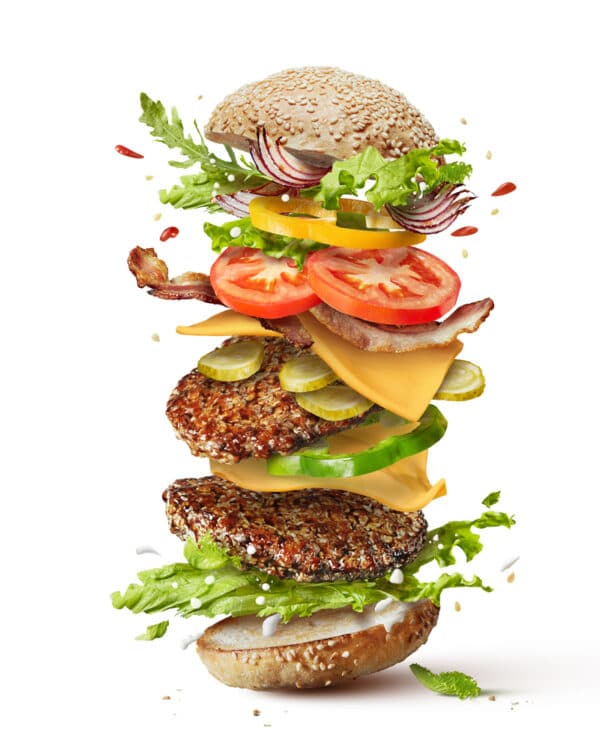
Factors to Consider When Choosing Meat for a Hamburger
Fat Content
The fat content of the meat is an important factor to consider when making hamburgers. Higher fat content results in a juicier and more flavorful burger.. but it’s important to be mindful of the fat content for health reasons. Leaner options such as bison, turkey, and plant-based burgers can be a good option for those who are looking for a healthier burger.
Flavor Profile
Each type of meat has its own unique flavor profile. It’s important to choose the one that suits your taste preferences. Beef burgers have a rich and beefy flavor while bison burgers have a slightly sweeter and richer flavor.
Pork burgers have a distinct pork flavor, and lamb burgers have a gamey flavor. Plant-based burgers can have a wide range of flavors that will vary so much depending on the ingredients used.
Health Considerations
You need to consider the nutritional value and health benefits/drawbacks of each option. Leaner options such as bison, turkey, and plant-based burgers are lower in fat and calories and can be a good option for those who are watching their weight or have health concerns.
Be sure to consider the protein content and other nutrients that each type of meat provides.
Our go-to meat of choice for hamburgers is always going to be ground chuck.
Tips for Preparing and Cooking Hamburgers
Handling and Seasoning
One tip for grilling hamburgers is that important to handle the meat gently and avoid over-mixing it. Over-mixing can result in a tough and dry burger. It’s also important to season the meat well with salt and pepper or other seasonings to enhance the flavor.
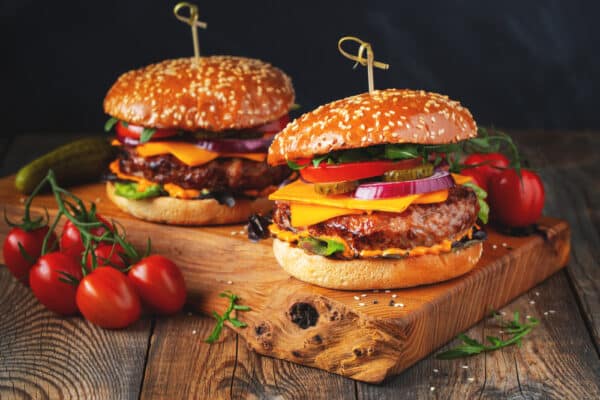
Grilling vs. Stovetop Cooking
Grilling hamburgers on an open flame grill is both our recommended method here at The Grilling master and also the traditional method. It allows for a smoky and charred flavor and can be a great way to cook burgers for a crowd. Due note that cooking burgers on the stovetop can also produce delicious results and it can be easier to control the temperature and cooking time.
Cooking Temperature and Time
Cook the burgers to the appropriate temperature to ensure they are safe to eat. The internal temperature of a cooked burger should reach 160°F (71°C) for ground beef, pork, lamb, and bison, and 165°F (74°C) for turkey burgers. Cooking time will depend on the thickness of the burger and the cooking method, but a good rule of thumb is to cook burgers for 3-4 minutes per side on high heat.
Resting and Serving
After cooking the burgers let them rest for 5 minutes before serving. This allows the juices to redistribute and results in a juicier burger. Serve the burgers on a toasted bun with your favorite toppings and condiments. And then enjoy!
In Conclusion
Choosing the right meat for your hamburger can make a big difference in the flavor and overall quality of the burger!
Each type of meat has its own unique characteristics. Always consider factors such as fat content, flavor profile, and nutritional value when making your choice. You can create a delicious and satisfying burger that’s sure to be a hit with friends and family by following these tips for preparing and cooking hamburgers.
Related Reading: Where did the hamburger get its name?
Learn More About Grilling
If you want to learn more about grilling, check out these other helpful resources!

Kevin Turner
Hi there, I'm Kevin Turner, Founder and CEO of thegrillingmaster.com. I started this website to share my passion and knowledge with you. You can leverage my years of experience as a pit master and professional to grill great food!
About The Grilling Master
Hi there, I'm Kevin Turner, Founder and CEO of thegrillingmaster.com.
My passion has always been grilling, smoking and BBQ delicious meats that satisfy my inner carnivore!
I started this website to share my passion and knowledge with you, the hungry reader who wants to prepare the perfect meal.
You can leverage my years of experience as a pit master and professional.
Send me a message and let's connect on Twitter here.


